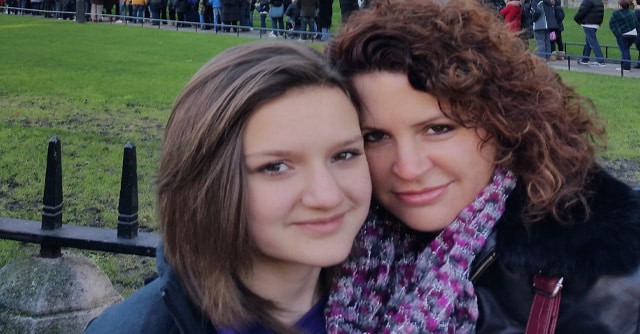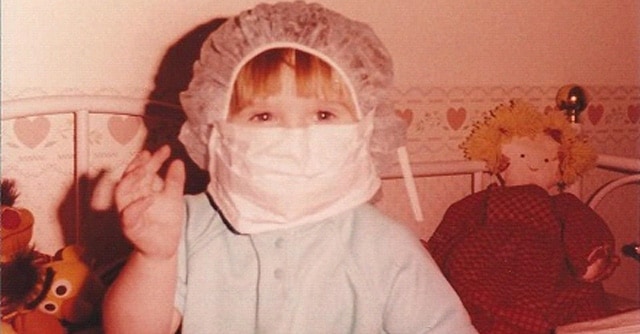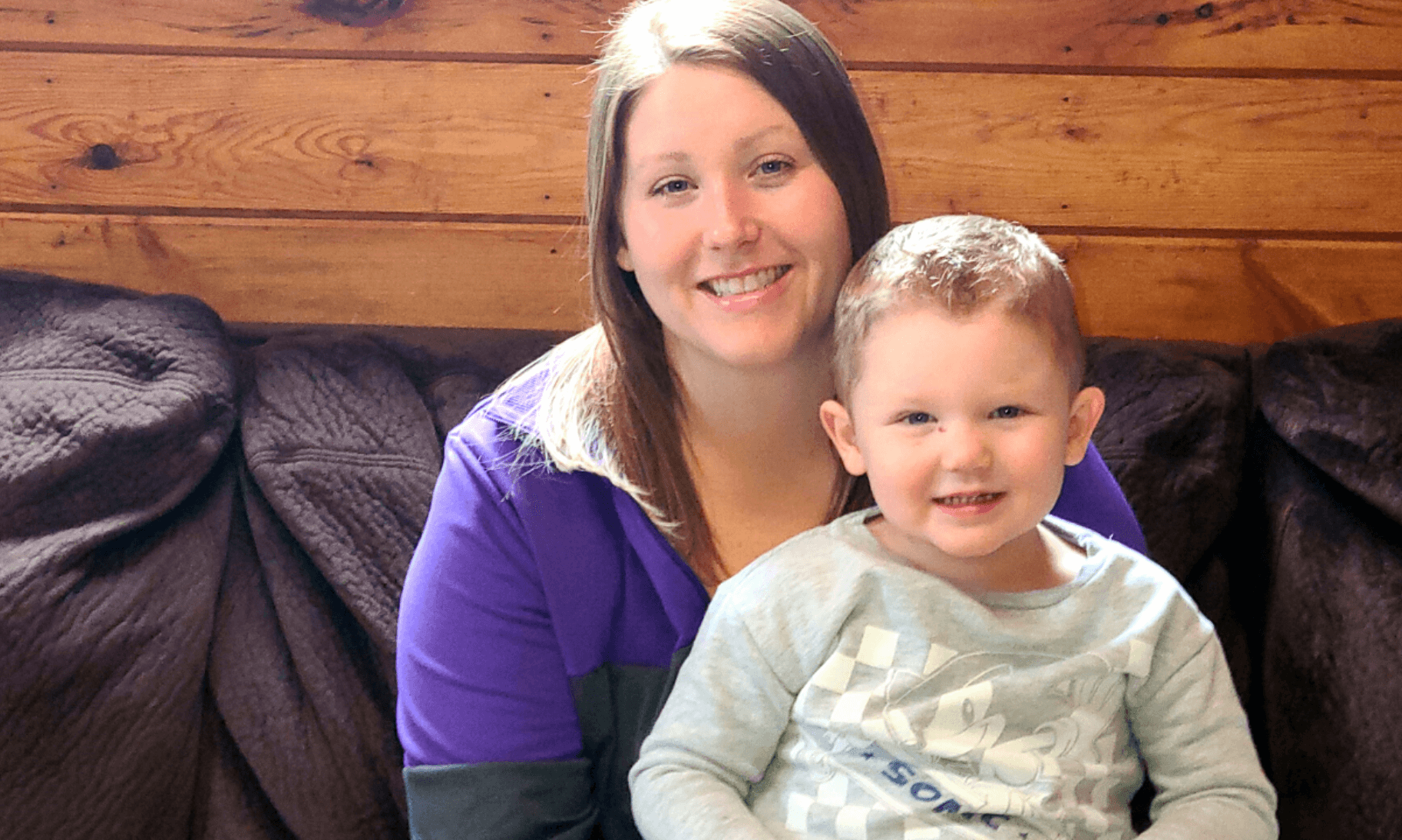Sleepover tips for a child with diabetes

Kids want to be part of the group, and going to sleepovers is one of those typical childhood activities. While all parents may have their own concerns, for parents with children with type 1 diabetes, sleepovers can be a little more stressful. MiniMed Ambassador and D-Mom of a daughter with type 1 diabetes, Sue, shares sleepover tips based on her experience, from packing a diabetes bag and counting carbs, to designating a buddy and managing expectations. With preparation and education, sleepovers can provide your child the opportunity to assert their independence, deepen friendships, and learn to manage their diabetes away from home.
When my daughter went on her first sleepover at age 10, I think I was the one who didn’t sleep all night. I was worried her blood glucose (BG) would go high and she would get sick, or her BG would go low and she would pass out or go into a diabetic coma while sleeping. I was a wreck imagining every scary scenario possible.
We all survived that night, and now that my daughter is 13, she’s fitting at least two sleepovers a month into her busy schedule. So while I wouldn’t say that everything goes perfectly on these sleepovers, we have gathered a few tips and tricks to make these events go smoother.
Pack Your Bag Right
We’ve created a sleepover checklist based on our learning experiences. She does NOT want to call Mom or Dad to come help her out, so the bag gets a little bigger as she gets older. When she was younger, if her insulin pump went low, she would call and we would discretely go to the friend’s house to change it. With Murphy’s Law, the minute she went to a sleepover, the pump would beep low reservoir, so we’ve added insulin pump supplies so she can change the pump herself.
In our diabetes sleepover bag, which is always packed and ready to go, we have:
- BG meter
- Test strips
- An extra battery for the BG meter and pump
- Infusion sets
- Reservoirs
- Bottle of insulin
- Two insulin syringes (in case she’s having a problem inserting the pump and needs to give herself a shot)
- Two ketone test strips
-
Glucose tablets (while your child can usually get juice or some food from the host’s house, my daughter explained that at 4:00am, she doesn’t want to be walking around, navigating another person’s house looking for food.)
Counting Carbs
The biggest challenge with a sleepover is food. Slumber parties and snack attacks go hand in hand. They aren’t measuring how much they’re eating and they’re eating non-stop, so it’s hard to keep track of how much insulin is on board and how much to dose.
When my daughter was 10 and not on the pump yet, I would only let her sleepover somewhere close because I would have to come over and give her a shot whenever she ate. When she was taking shots, managing the non-stop eating was a little easier because she had to think twice about whether eating that snack was worth the shot or worth calling Mom. We love the freedom and independence that the pump gives her, but it also makes it very easy to just keep eating.
Most of the snacks your child will be eating probably come from a package or bag where he or she can find the carb information. If I could find out from the hosting parent what they might be eating beforehand, I would guesstimate the potential carbs for my daughter and write it down. When she turned 11, we got her a smartphone and taught her how to use Calorie Counter so she could look up and measure carbs, whether she was eating in or out at a restaurant. She could also discreetly call us and ask.
Our advice to her is to just keep dosing for the food you eat, and set a timer on your cell phone to test every 1.5 hours to try to keep on top of the snacking.
Designate A Buddy
When my daughter was younger, I would talk to the parents before the sleepover to tell them what to look for or how to help. Most parents were very eager to learn. My daughter has a best friend that she stays with quite frequently and those parents know how to care for her just as much as we do now.
As my child has gotten older and become more independent in caring for herself, I don’t worry as much about educating the host parents as long as I know she has a diabetes-aware buddy to watch her. Her buddy is her best friend, who I have pulled aside and asked her to help me watch for certain signs that my daughter might not be doing well. Knowing that one other person is watching out for my daughter is a relief to all of us. Make sure at least one person at the sleepover is diabetes-aware.
The most important things I’ve conveyed to the diabetes-aware buddy and host parents:
- My daughter can eat anything as long as she doses for it. We have found it’s better to have people help count carbs than tell my daughter what she can and can’t eat. It’s hard enough to educate people on carbs vs. protein and the effect on BG, let alone infuriating your child to be asked if he or she can eat certain foods in front of their friends.
- The signs of high and low blood sugar. If my daughter is moody and crying, she might have a high BG. If she is dizzy and hungry and wants juice, give it to her, she might be low. Before letting your child go on a sleepover, I would advise to make sure your child is aware of when he or she may be low.
- Every now and then casually ask if she has tested and dosed. If your child is sensitive about it, don’t call it out in front of the other kids, but definitely ask. Tell your child that everyone just wants to keep him or her safe.
-
Feel free to call us with any questions. When in doubt, call. Give the hosts and/or diabetes-aware buddy all of your contact numbers so they can find you.
Manage Your Expectations
When it comes to sleepovers, managing expectations is important. Ever since our daughter was diagnosed, we made the parenting decision that we wanted our child to feel like there was nothing that she couldn’t do, that diabetes would not slow her down. With this, we give her the freedom to go on sleepovers and ask her to do her best to test and dose, and work together in her diabetes management. With a little preparation, education, and the right expectations, sleepovers won’t keep you up at night.



